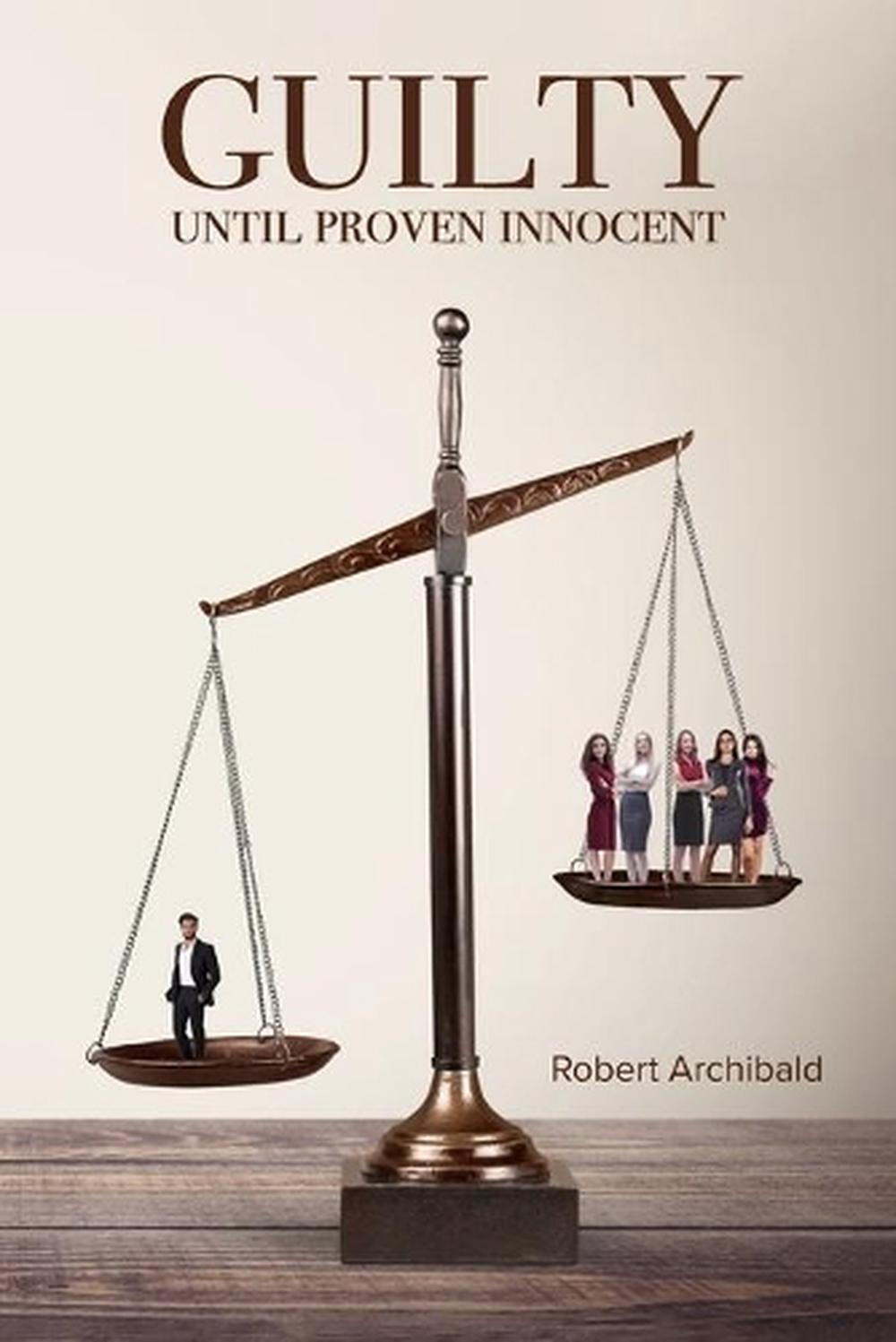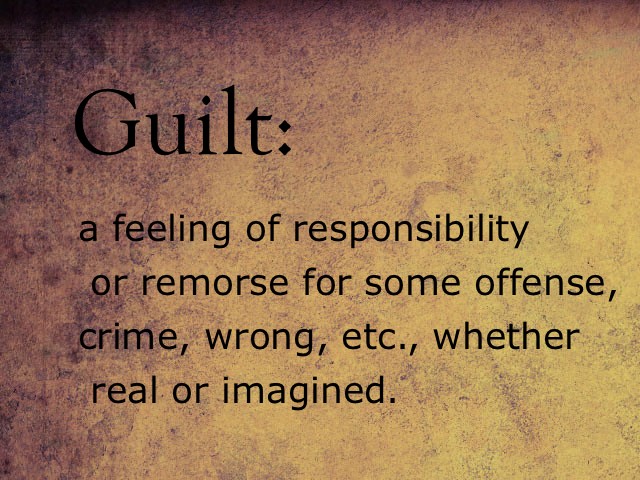

Once a plea has been entered into in court, it may or may not be difficult to withdraw or undo the plea. While many people might believe this is a good option because they are not pleading guilty, consider the consequences. No ContestĪ no contest plead means you neither agree or disagree with the charges against you, and you are just pleading to close the case. There are many advantages not to rushing into pleading guilty or no contest to any criminal offense – and they should be carefully considered before pleading guilty or no contest.

After you carefully review the discovery (that is the information the prosecutor has to provide you with in a criminal case), you may discover that they do not have sufficient evidence against you and the charge can be dismissed.

If you plead not guilty, it will allow you more time to look into the offense you are being alleged to have committed and you can consult with an attorney for his or her opinion. Even if a person believed they are guilty of the offense, pleading not guilty is usually the safest bet. Pleading not guilty is perhaps the most common plea entered in criminal court. Good reasons include the sentence may be very good in exchange for the guilty plea or there could be more charges added unless you plead guilty as charged now. Pleading guilty is usually not what a defense attorney would advise in a case, unless there is a good reason. Guilty is admitting to the offense or offenses. There are 3 basic types of pleas in criminal court: guilty, not guilty or no contest.


 0 kommentar(er)
0 kommentar(er)
